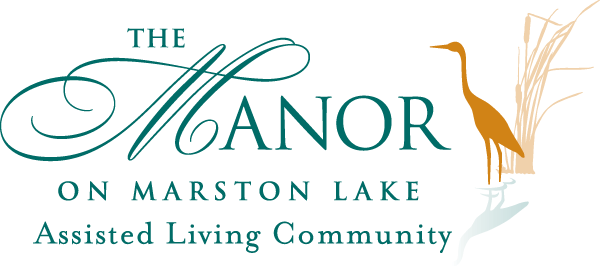Here are just a few terms you may need to know when you are looking into a senior care facility for your aging loved ones.
Accreditation: An accreditation is a seal of approval given by an industry or governing body, symbolizing the that service provider has met certain standards set forth by the body. It’s a method of ensuring quality, and rewarding those facilities that meet this quality.
ADA (Americans With Disabilities Act): A law passed in 1980 in the United States. It sets policy concerning discrimination on the basis of disability, and is important to be cogent of if you have an aging loved one.
Alzheimer’s: A degenerative disease that impacts the memory and cognition of its victims. Symptoms include wandering, forgetfulness, and inability to recognize others, including friends and family.
Assisted Living: This term refers to a program, usually state-licensed, at a residential community. This program provides services including meals, housekeeping, medication reminders, and assistance with daily needs.
Dementia: A progressive neurological, cognitive, or medical disorder. As it progresses, it impacts judgement, memory, and cognition.
Developmental Disability: An affliction that presents as chronic physical and mental disabilities, which may include cerebral palsy, mental retardation, seizures, limb loss, and others.
Hospice Care: Care provided to those suffering from terminal illnesses. This can include medical services, counseling services, and even social services, usually provided in-home or at special hospitals and hospices.
Independent Living: Multi-unit senior housing developments. These developments may provide supportive services, such as meals, housekeeping, and transportation. The term can also describe senior housing that offers few, if any, supportive services.
Kitchenette: Definitions of kitchenette may vary from facility to facility. However, it general includes a sink, cabinet space, a refrigerator, and perhaps a microwave.
Long-Term Care: Services provided to persons of any age who are suffering from long-term health impairments.
Medicare: A federal, nationwide medical insurance program administered by the Social Services Administration, providing insurance for those aged 65 and older, as well as certain disabled persons, without regard to income or personal wealth.
Nursing Home: Facilities licensed by the state to provide 24-hour nursing care. They also provide room and board, and include activities for residents, as well as those with chronic and long-term illnesses. They must make medical supervision and rehabilitation therapy available, and they are eligible for participation in the Medicaid program.
Physical Therapy: Programs of exercise that mean to improve physical mobility. These are often administered following injury in order to help restore strength and function.
Hopefully, this guide will help you make a choice concerning your aging family members and their needs. It’s a hard choice to make, and the more information you have, the better the choice you will be able to make.
